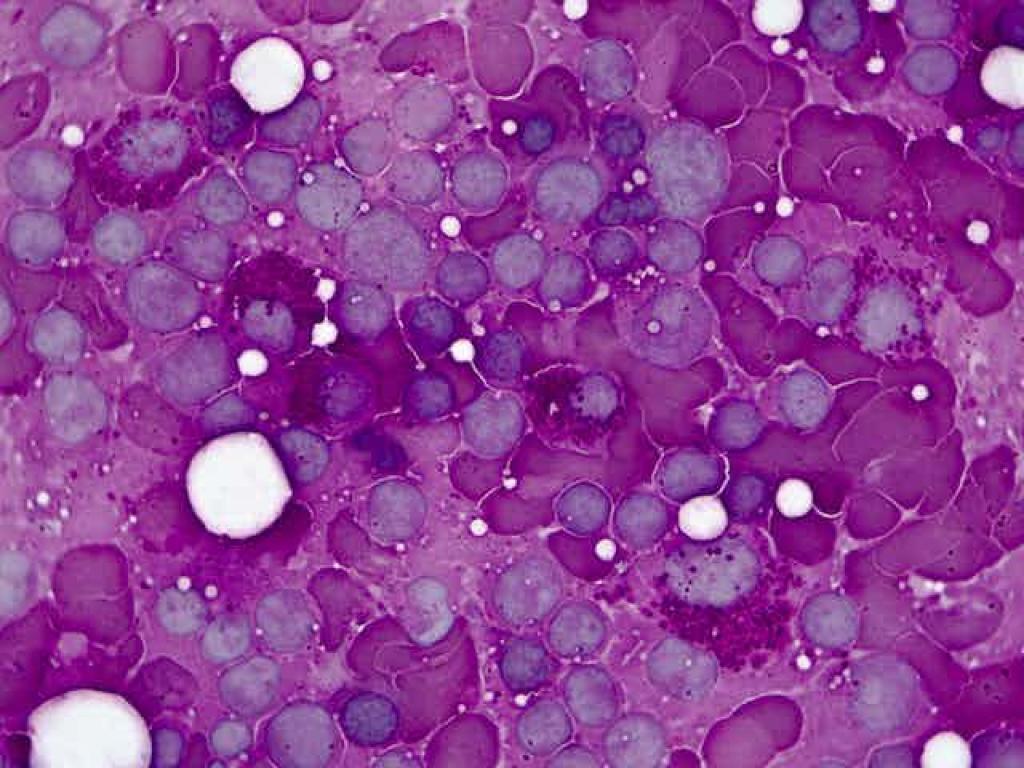The Gut Microbiome

One promising treatment for patients with blood cancers is stem cell transplantation. Doctors completely eliminate the patient’s immune system by aiming chemotherapy, radiation or both at their bone marrow before replacing it with a donor’s
This procedure is not without risks. A key complication hematologists like me worry about is graft-versus-host disease, where the donor’s immune system recognizes the patient’s body as “foreign” and launches an attack. Up to 50% of patients who receive a stem cell transplant develop graft-versus-host disease.
One unexpected part of the body that may play a key role in protecting transplant patients from complications, however, is their gut bacteria.
Alongside my colleagues Hana Andrlova and Marcel van den Brink, I study how the composition of your microbiome, or the microorganisms living in your body, can affect how well cancer treatments work. While previous studies have shown that disruptions to the diversity of organisms in the gut microbiome is linked to a higher risk of death after transplantation, the precise reasons for this are not clear.




